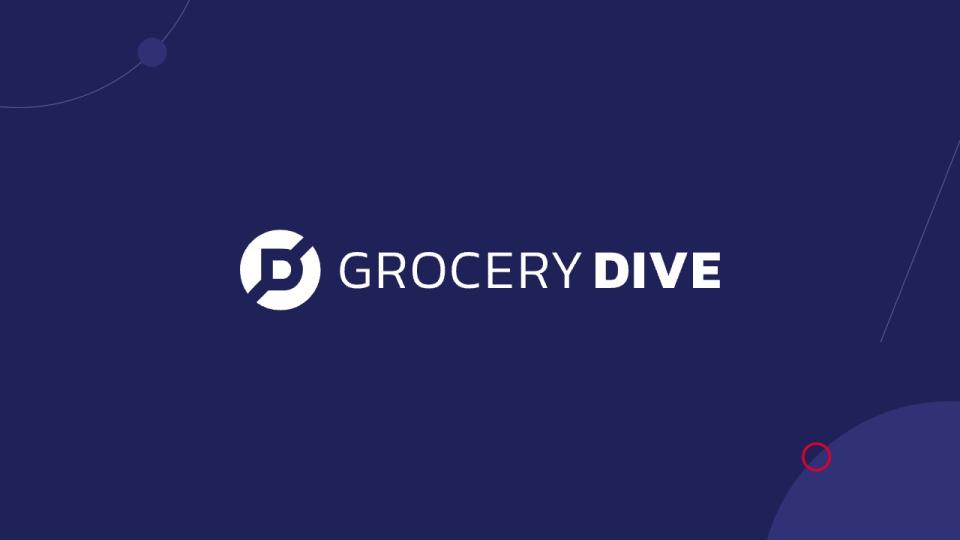Kroger to close 3 e-commerce facilities

Dive Brief:
Kroger is closing three spoke facilities as part of its e-commerce hub-and-spoke network with Ocado on May 25, a spokesperson for the grocer confirmed Wednesday.
The soon-to-be-shuttered facilities are in Opa-locka in South Florida, and San Antonio and Austin, Texas.
“Despite our best efforts, including the support from new customers, learnings from other locations and the incredible work of our associates, the Miami, Florida, San Antonio, Texas and Austin, Texas facilities did not meet the benchmarks we set for success,” Kroger spokesperson April Martin said in an emailed statement.
Dive Insight:
Kroger’s decision to close delivery facilities in two key states represents a notable setback for a company that is looking to take a leading position in home delivery service.
In Florida, the grocer has faced the daunting task of generating online sales in a state where it operates just one Harris Teeter store. The company opened its massive customer fulfillment center in Groveland in 2021 and then debuted its 60,000-square-foot spoke facility in Opa-locka in 2022. Kroger also operates spoke delivery facilities in Jacksonville and Tampa.
Kroger’s push into the Sunshine State was accompanied by a strong promotional effort by the grocer, including the launch of its e-commerce membership program, Boost. But the state is a stronghold for Publix, which operates more than 860 stores in Florida, and Walmart, which runs more than 230 supercenters and nearly 100 Neighborhood Markets.
The upcoming closure of the three spokes does not impact Kroger and Ocado’s other automated fulfillment centers or spoke facilities, Martin said.
In Texas, Kroger has the advantage of operating stores in some of the state’s major markets. But there, too, it has faced competition from entrenched competitors, including Walmart and regional powerhouse H-E-B. Kroger began making deliveries from its Dallas hub in summer 2022, then opened its San Antonio spoke facility in August 2022. Last February, it opened the spoke facility in Austin.
Announced in 2018, Kroger’s e-commerce partnership with British tech firm Ocado entails building a network of automated e-commerce facilities across the U.S. to power the grocer’s proprietary delivery service. The tie-up saw impressive growth early on thanks to sky-high online demand driven by the early days of the COVID-19 pandemic. As consumers have returned to in-store shopping, however, e-commerce sales growth has moderated and grocers like Ahold Delhaize have scaled back their online operations.
The massive project has shown signs of strain in recent months. In September, Kroger executives said the company was pausing its rollout of new fulfillment centers so that it could prioritize operations at existing facilities.
“We’re making progress, but we wouldn’t be to the point where we would start focusing on additional sheds until we make sure that we have a clear path on the ones we have,” Kroger CEO Rodney McMullen said at the time.
In October, Bloomberg reported that Ocado had launched an internal initiative called “Project Endeavor” aimed at improving the efficiency of Kroger’s warehouses.
In its Q4 earnings report, which was released earlier this month, Kroger said full-year digital sales increased 12% to $12 billion. Delivery sales increased 24% driven by its Boost membership and business from its customer fulfillment centers.
Editor's note: The headline and teaser of this story were updated to reflect that these are cross-dock facilities and not fulfillment sites, and that they do not incorporate Ocado technology.
This story was originally published on Grocery Dive. To receive daily news and insights, subscribe to our free daily Grocery Dive newsletter.
